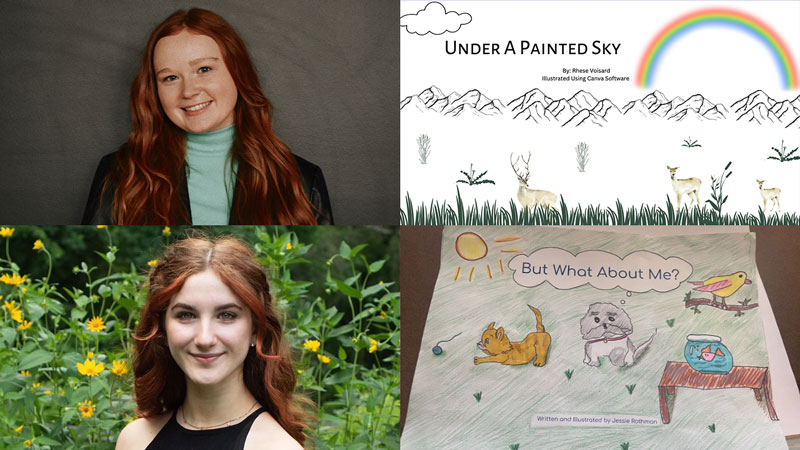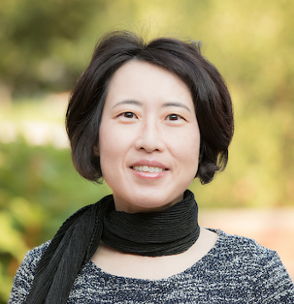Innovative children’s literature class promotes an interactive learning environment
Eun Chong Yang leads a hands-on experience that exposes students to a critical thinking process that drives them to problem-solve concepts presented in children’s literature.

Innovative children’s literature class promotes an interactive learning environment
“What makes good children’s literature?” This is an evolving question that was first posed at the beginning of last fall semester in Eun Chong Yang’s ENG 262 “Children’s Literature” course.

Yang, associate director of Miami’s American Culture and English (ACE) Program, first taught the children’s literature class during her journey towards her doctoral degree in Teaching English as a Second Language (TESL) at the University of Cincinnati. She hoped that the new curriculum for the Miami class would enhance the analytical experience that transcended the classroom lectures and discussions.
“What’s important is that everybody at a certain point encountered children’s literature, which is something that helped them to grow emotionally, mentally, and academically,” Yang said.
As part of her course, Yang provided opportunities for students to learn about diversity in children’s books and advocate for inclusion throughout the semester.
During a project on multicultural literature for children, for example, students got to work with an English as a Second Language (ESL) composition course composed of international students from 11 countries in order to discuss the accurate and authentic depiction of their native culture.
Rhese Voisard, a Creative Writing first-year student, explained how revisiting children’s literature allowed her to view different subjects and themes in a way that presents their reality.
“A lot of the discussions were very respectful and insightful, which allowed us to hear a bunch of different perspectives,” said Voisard.
Students in the class also had the opportunity to create their own original children’s picture book to share with preschoolers at Mini University’s Miami University Child Development Center. The books incorporated literary elements that were designed to meet the kids’ expectations.
“My students experienced that storytelling involves constant two-way interactions with the audience, and their books became truly meaningful to children for the purposes of enjoyment, education, and art,” Yang said.
Additionally, discussions and field trips, like comparing and contrasting children’s literature (ranging from 16th to 21st century) at the Walter Havighurst Special Collections and University Archives of King Library, is another resource that sets this course apart from other literature-focused courses. These resources and experiences are among the many reasons why sophomore Economics major Jessie Rothman considered picking up a minor in Creative Writing.
She and her classmates also developed different skills from the course, including critical thinking of style and other literary elements and in-depth analysis of subjects highlighted in the storytelling.
“A recent debate we had was about Disney and how it is evolving over time,” said Rothman. “Things that seem obvious, like ‘yes, of course we want feminism in Disney’ are so much more nuanced because there are separate ways in which we portray feminism.”
“Children’s literature is something that nobody can disregard or ignore because it’s all part of our life and how we grew up, no matter where we are from,” Yang added.
One of the ultimate takeaways from the class that Yang hoped to transmit throughout the semester was for students to explore children’s literature through all forms, develop their definition of “good” children’s literature, and assess texts from multiple stakeholders’ perspectives.
“I will continue to help students learn through innovative hands-on activities next fall,” said Yang. “My next goal is to invite a children’s literature publisher, editor, or author to talk to my class.”